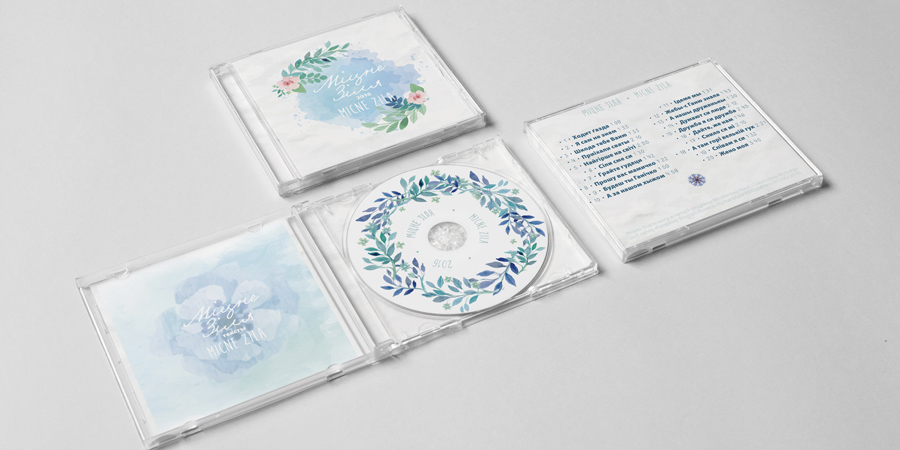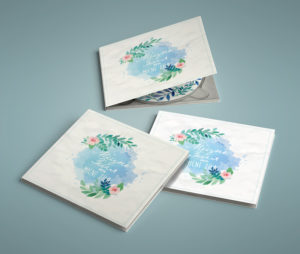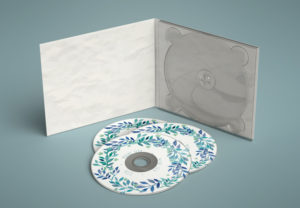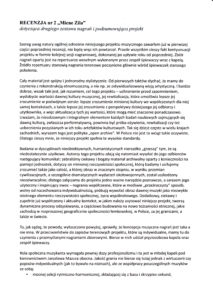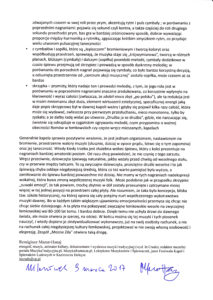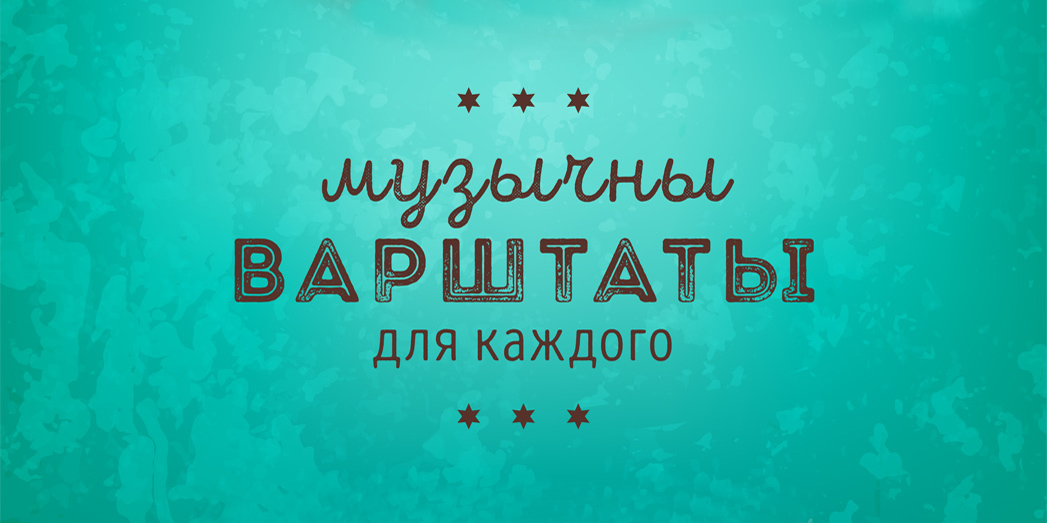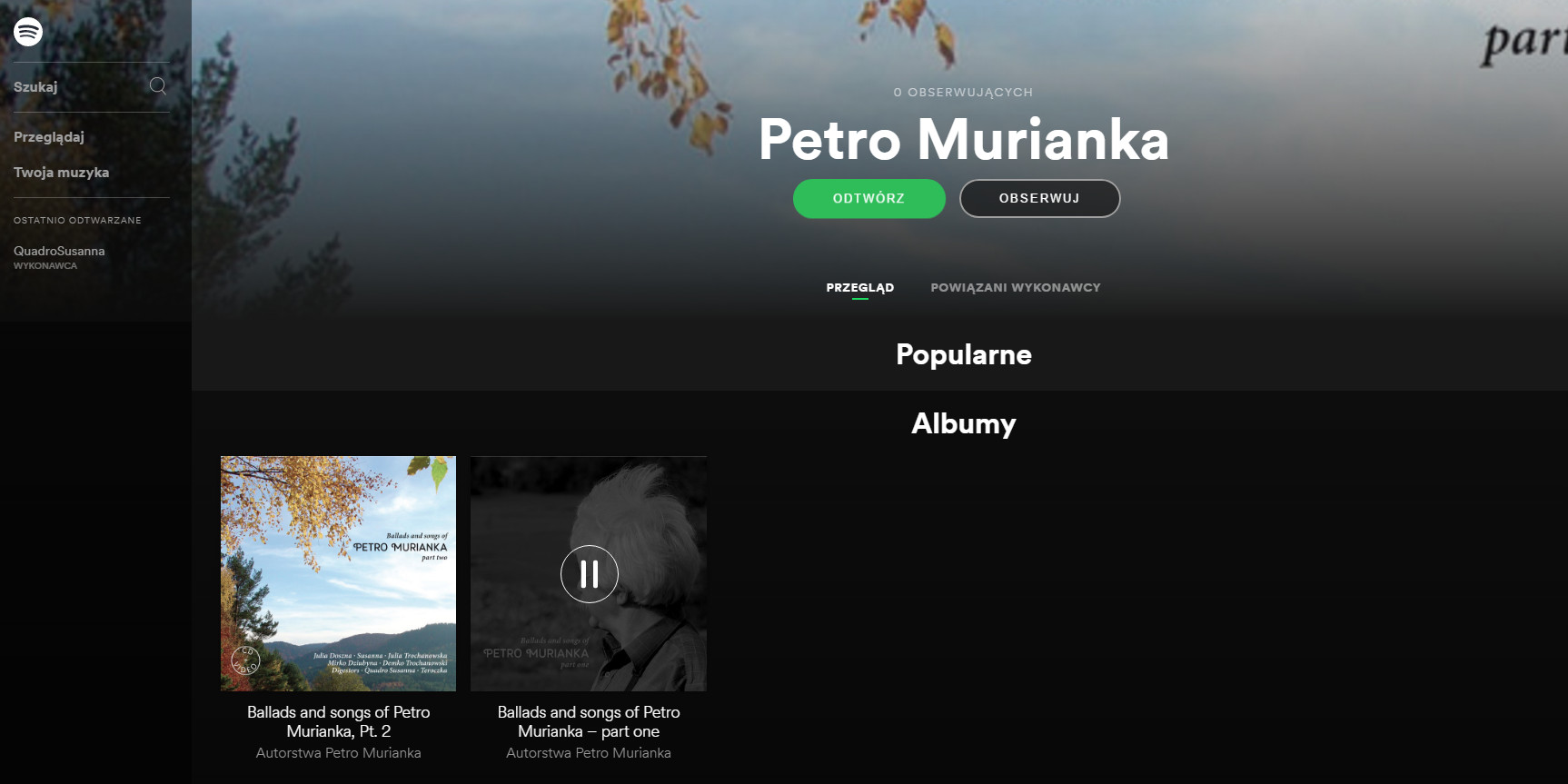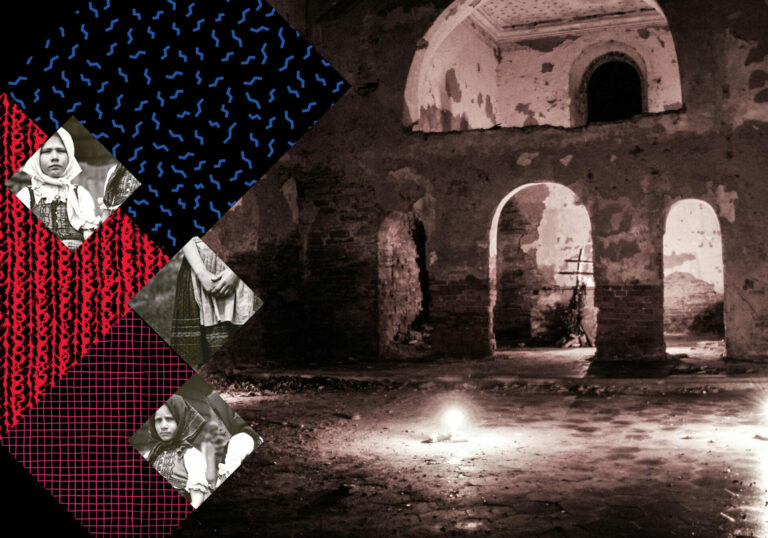Micne Zila for a wedding
Micne Zila ensemble that has been doing a difficult but how important a task over the last few years – saving musical and generally, cultural heritage of Lemkovyna – has recently finished their project. It is already the third CD within Micne Zila series, this time dedicated to a particular field. Vesila (Wedding) – this is the theme of the CD that has been released within grant project of the National Programme of Development of Education – Protection and revitalization of language heritage and Lemko culture: reconstruction of mother lexis and music.
To save what still can be saved
Micne Zila is not only an ensemble, in fact from the beginning, it is a project. Most of all it is a group of several persistent people whose main aim is to save what is the most precious within the pre-resettlement Lemkovyna, preservation of the language, and through this also words, more and more forgotten songs/cants/short folk songs, melodies characteristic of the Carpathian region. After 70 years from losing Lemkovyna Micne Zila saves only a little part of what has been recorded in the memory of the people. And although there are only 52 songs on the 3 CDs released so far, the reconstruction group saved much more during outside research, although not all of the songs were used, they will be as much precious during further research, both in the scientific and other revitalization-related fields.
The group, in order to faithfully present what they aim for, must base their work on authentic sources. In the case of Micne Zila, on the first CD there is emphasis placed on already mentioned recordings of the oldest Lemko generation that remembers the tradition of Lemko wedding in an unchanged form. The second source used rather by the band during the three editions of Micne Zila, are old unique recordings of Rusyn hudaks (musicians).
What has turned out when releasing the previous CD was that for the musicians recordings from emigrant environment were precious (the USA and Canada), as well as unique recording of the remnants of national music of Lemkovyna – the “Lemky” CD that is a phenomenon on a global scale. Another source that helps to revitalize various lyrics are, certainly, old Lemko songbooks, on the basis of which we can set the exact contents of the songs, but you cannot forget that Lemko songs/cants/short folk songs in the case of a wedding – exceptionally – can differ, depending on a village or a particular part of Lemkovyna. We can see it also in simple everyday songs, but in the case of wedding this wealth of Lemko folklore is even more important to be saved.
Lemkovyna and exile
Every time the lyrics and melodies of the songs are registered from the oldest generation of Lemkos born before 1947. All of the three CCDs of Micne Zila present the lot of Rusyns in Poland, marking the fact that today Lemko environment lives both in the exile and after returning – in Lemkovyna. Recordings of weddgin songs/cants/shortt folk songs were authentically saved from six elderly Lemko women who represented the western and middle Lemkovyna. The respondents of Micne Zila were: Olga Bubernak (Piorunka-Skwirtne), Maria Kopystiańska (Bogusza-Czarna), Olga Nimasz (Stawisza-Szklarki), Melania Mołodczak (Stawisza- Szkarki), Anna Porucznik (Bilcarowa-Trzmiel) and Tekla Wańko (Czarne-Legnica). The oldest person was 92 years old and the youngest 75 which is basic when it comes to such projects – to save authentic lyrics and melody from people who remembered authentic wedding back at home and then – as much as the conditions allowed in the difficult times – during weddings in the exile.
Wedding, but whether a real wedding?
One of the issues raised by coordinator of the project, Olena Duć-Fajfer, put in the introduction included in the booklet attached to the CD, is the case of the dimension of Lemko wedding reconstruction. In a full version such a reconstruction would have to take place according to what some Lemko ensembles have already done several times – to show the full tradition, not only from the musical side, but performance, customs. But this was not the aim of Micne Zila. The second case is (and today we can see it succeeded) that the recorded songs were collected according to the accepted reconstruction method , within outside recordings from older people who sang what they remembered from weddings. The respondents had the right to remember particular pieces of songs/short folk songs or other traditional songs.
And this was for good of the whole poject, as each of the persons that was interviewed sang wedding repertoire with the awareness that the group wanted to save wedding as such and further – they sang this in a natural way, as they knew and remembered. The third CD of Micne Zila, apart from necessary traditional songs, includes also humorous, often spontaneous short folk songs sang for example by the bridesmen during weddings. Apart from the joy (which is natural for joy, wedding which unites the love of two persons) the CD includes also sad songs – about unhappy love, often hard life in marriage or simply – adversity.
Micne Zila – team
The project makes sense only when people are involved, each of them responsible for a particular task or set of tasks. The director and coordinator of the project is PhD Olena Duć-Fajfer and the administrative order was kept by Anna Maślana. The sound recorded in the Ruska Bursa was saved by Paweł Małecki and the cover of the CD was designed by Natalia Małecka-Nowak.
Musical field and performing was the responsibility of Jarosław Mazur who, apart from that, plays the flute also. Further, the band is composed of: Kamil Niemiec – first violin, Dorota Jamróz – second violin, Kuba Augustyn – bass, and which enriched the third edition of Micne Zila – cimbalom (Andrzej Baran). The singers were: Barbara Duć, Monika Tylawska, Olena Duć, Anna Kwas and members of Terochka ensemble: Joanna Gałczyk, Emilia Duć, Julia Duć, Anna Kowalczyk, Anna Kopcza and Aleksandra Fecica.
Review
Below we put professional review referring to the second edition of Micne Zila, sent to the editorial board by Olena Duć-Fajfer
Contents of the CD:
- Ходит ґазда/Khodyt gazda
- Я сам не знамYa sam ne znam
- Шкода Тебе, Ваню/Shkoda Tebe, Vaniu
- Приіхали сватыPryikhaly svaty
- Найгірше на світі/Nayhirshe na sviti
- Сіли сме си/Sily sme sy
- Грайте гудаци/Hrayte hudacy
- Прошу вас мамичко/Proshu vas mamychko
- Будеш ты, Ганічко/Budesh ty, Hanichko
- А за нашом хыжом/A za nashom chyzom
- Ідеме мы/Ideme my
- Жебы-с Ганю знала/Zheby-s Hanyu znala
- А нашы друженькы/A nashy druzhenky
- Думают си люде/Dumayut sy lude
- Дружба я си, дружба/Druzhba y asy, druzhba
- Дайте же нам/Dayte zhe nam
- Снило ся мі/Snylo sja mi
- А там горі велькій гук/A tam hori velkiy huk
- Співам я си/Spivam ya sy
- Жено моя/Zheno moya
You can acquire the CD for free in Ruska Bursa, Gorlice.
Наш порталь можете чытати чысто дармо, але кєд маш охоту - можеш нас спомочы. Буде нам барз мило!
Жебы спомочы нас даком вплатом, без ниякых зобовязань, втисний притиск або зоскануй код QR.
Nasz portal jest darmowy, nie mamy (i nie chcemy) na nim reklam. Jeżeli masz ochotę - możesz wesprzeć naszą codzienną pracę.
Aby wspomóc nas jednorazową wpłatą, bez żadnych zobowiązań, kliknij przycisk lub zeskanuj kod QR.

Publikacja wyraża jedynie poglądy autora/ów i nie może być utożsamiana z oficjalnym stanowiskiem Ministra Spraw Wewnętrznych i Administracji.
Публикация выражат лем погляды автора/авторів і не може быти принимана як офіцияльне становиско Міністра Внутрішніх Справ і Адміністрациі.
Zrealizowano dzięki dotacji Ministra Spraw Wewnętrznych i Administracji.
© Copyright lem.fm, 2025. Вшыткы права застережены.

